Home>Renovation & DIY>Home Renovation Guides>What Is The Best Backsplash
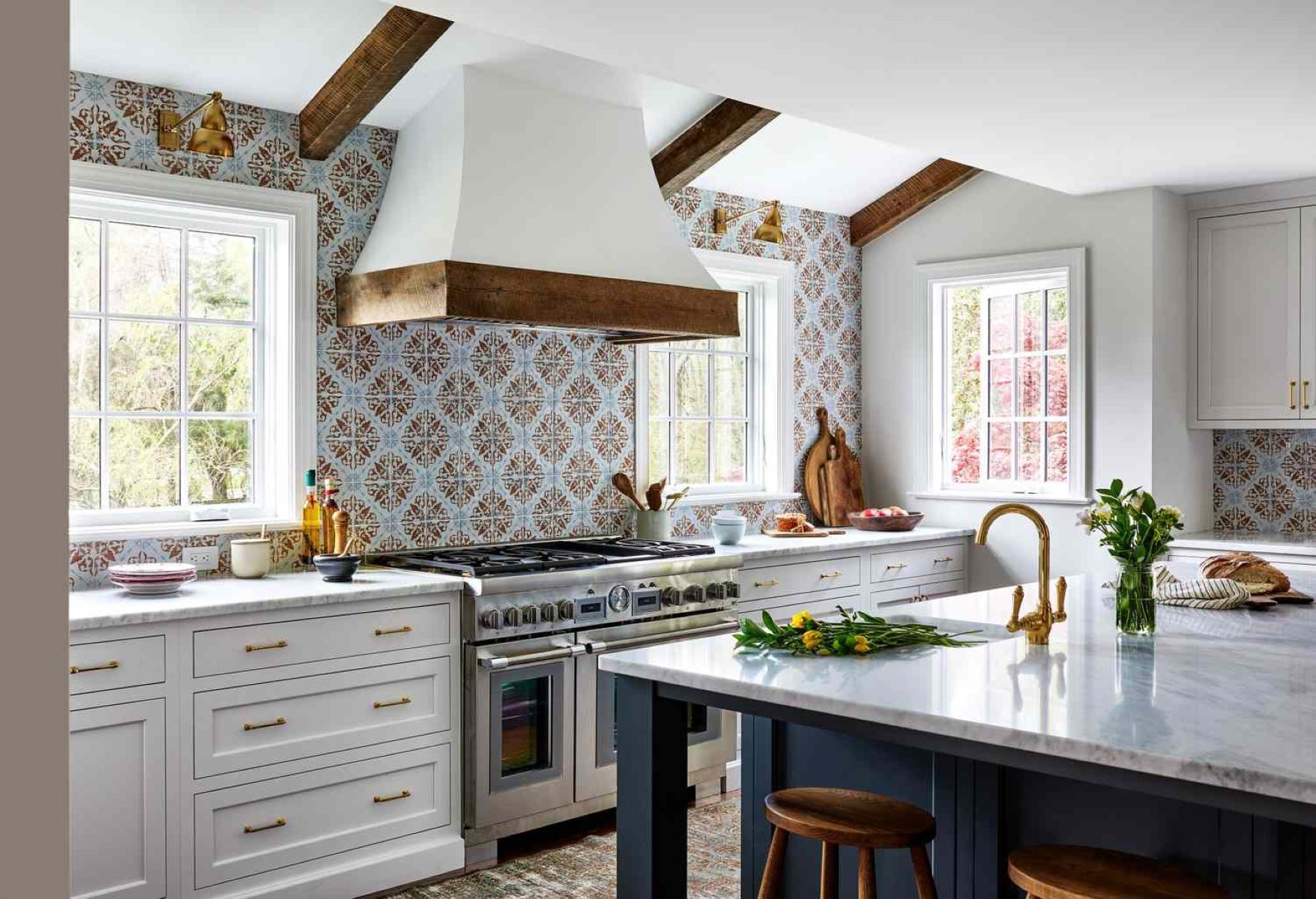

Home Renovation Guides
What Is The Best Backsplash
Modified: October 18, 2024
Looking for the best backsplash for your home renovation? Explore our comprehensive guides for expert advice and inspiration. Discover the perfect backsplash for your space today!
(Many of the links in this article redirect to a specific reviewed product. Your purchase of these products through affiliate links helps to generate commission for Storables.com, at no extra cost. Learn more)
Introduction
Choosing the right backsplash for your home renovation project can be a daunting task. The backsplash is not only a functional element in your kitchen or bathroom but also a design feature that can significantly impact the overall aesthetic of the space. With a myriad of materials, styles, and designs to choose from, it's essential to understand the factors that influence the selection of the best backsplash for your specific needs and preferences.
The perfect backsplash should seamlessly blend with the existing decor while adding a touch of personality and style. Whether you're aiming for a modern, sleek look or a rustic, cozy feel, the backsplash plays a crucial role in tying the entire room together. From practical considerations such as durability and maintenance to aesthetic aspects like color and texture, every decision contributes to the creation of a harmonious and visually appealing space.
In this comprehensive guide, we will explore the various factors to consider when choosing a backsplash, delve into the different types of materials available, weigh the pros and cons of each material, and showcase popular styles and designs. By the end of this article, you will be equipped with the knowledge and inspiration to make an informed decision and elevate the look and feel of your kitchen or bathroom with the best backsplash for your home.
Key Takeaways:
- Choose a backsplash that fits your style and practical needs. Consider factors like durability, maintenance, and budget to create a harmonious and visually appealing space.
- Explore materials like ceramic, glass, natural stone, and mosaic to find the perfect backsplash that enhances your kitchen or bathroom with unique charm and practical benefits.
Factors to Consider When Choosing a Backsplash
When embarking on a home renovation project, selecting the perfect backsplash involves careful consideration of several key factors. Understanding these elements will guide you in making an informed decision that aligns with your practical needs and design preferences.
1. Functionality:
The backsplash serves as a protective barrier against splashes, stains, and moisture in the kitchen and bathroom. It is essential to choose a material that is easy to clean and maintain, especially in high-traffic areas. Consider the level of maintenance required for each material and how it will withstand the demands of your daily routine.
2. Aesthetic Appeal:
The backsplash is an opportunity to infuse personality and style into your space. Consider the overall design theme of the room and choose a backsplash that complements the existing decor. Whether you prefer a bold statement piece or a subtle, cohesive look, the color, texture, and pattern of the backsplash should harmonize with the surrounding elements.
3. Durability:
Selecting a durable material is crucial for ensuring the longevity of your backsplash. Evaluate the resilience of each material against heat, moisture, and physical impact. A durable backsplash not only withstands the test of time but also maintains its visual appeal in the face of everyday wear and tear.
Read more: What Is The Cheapest Backsplash
4. Budget:
The cost of materials and installation is a significant consideration when choosing a backsplash. Determine your budget and explore the range of options available within your financial constraints. Keep in mind that while some materials may have a higher upfront cost, they could offer long-term savings through their durability and low maintenance requirements.
5. Maintenance:
Different materials require varying levels of maintenance to keep them looking their best. Consider the amount of time and effort you are willing to invest in cleaning and upkeep. Some materials may require regular sealing or special cleaning products, while others offer hassle-free maintenance.
6. Personal Preference:
Ultimately, your personal taste and lifestyle should guide the selection of your backsplash. Whether you gravitate towards the timeless elegance of natural stone, the sleek modernity of glass, or the warmth of ceramic tiles, your preference plays a pivotal role in creating a space that reflects your individuality.
Considering these factors will empower you to make an informed decision when choosing the best backsplash for your home, striking a balance between functionality, aesthetics, durability, and budget.
Different Types of Backsplash Materials
When it comes to selecting the perfect backsplash for your kitchen or bathroom, the choice of material plays a pivotal role in defining the overall look and functionality of the space. There is a wide array of materials available, each offering unique characteristics and aesthetic appeal. Understanding the distinct features of these materials will guide you in making an informed decision that aligns with your practical needs and design preferences.
Read more: What Kind Of Adhesive For Backsplash
1. Ceramic and Porcelain Tiles:
Ceramic and porcelain tiles are popular choices for backsplashes due to their versatility and durability. Available in an extensive range of colors, patterns, and sizes, these tiles offer endless design possibilities. They are resistant to heat, moisture, and stains, making them easy to maintain and ideal for high-traffic areas.
2. Glass:
Glass backsplashes add a touch of modern elegance to any kitchen or bathroom. They are available in a variety of colors and finishes, allowing for customization to suit your design aesthetic. Glass is non-porous, making it resistant to stains and easy to clean, while also reflecting light to create a bright and airy atmosphere.
3. Natural Stone:
Natural stone, such as marble, granite, and travertine, exudes timeless beauty and sophistication. Each piece of natural stone is unique, showcasing distinct veining and patterns. While natural stone requires sealing to protect against stains, it brings a luxurious and organic feel to the space, elevating the overall aesthetic.
4. Stainless Steel:
Stainless steel backsplashes are favored for their sleek, contemporary look and practicality. They are resistant to heat, water, and stains, making them an excellent choice for modern kitchens. Stainless steel backsplashes are easy to clean and maintain, adding a professional and industrial touch to the space.
Read more: What Type Of Mortar For Backsplash
5. Mosaic:
Mosaic backsplashes are crafted from an assemblage of small tiles, creating intricate patterns and designs. They offer a creative and artistic element to the space, allowing for personalized and eye-catching installations. Mosaic backsplashes are available in various materials, including glass, ceramic, and natural stone, providing a wide range of textures and colors.
6. Subway Tiles:
Subway tiles, characterized by their rectangular shape and beveled edges, have become a timeless classic in kitchen and bathroom design. They are versatile, lending themselves to both traditional and contemporary settings. Available in ceramic, glass, or natural stone, subway tiles offer a clean and understated look that complements a variety of design styles.
By exploring the diverse range of backsplash materials, you can identify the options that best align with your functional requirements and design vision. Each material brings its own unique charm and practical benefits, allowing you to tailor the backsplash to suit your personal style and enhance the aesthetic appeal of your home.
Pros and Cons of Each Backsplash Material
Ceramic and Porcelain Tiles
Pros:
- Versatility: Available in a wide range of colors, patterns, and sizes, allowing for endless design possibilities.
- Durability: Resistant to heat, moisture, and stains, making them ideal for high-traffic areas.
- Easy Maintenance: Simple to clean and maintain, requiring minimal effort to keep them looking pristine.
Cons:
- Grout Maintenance: Grout lines may require regular cleaning and sealing to prevent discoloration and mold growth.
- Susceptibility to Chips: While durable, ceramic and porcelain tiles can chip or crack if subjected to heavy impact.
Read more: What Goes First: Countertop Or Backsplash
Glass
Pros:
- Modern Elegance: Adds a sleek and contemporary aesthetic to the space, reflecting light to create a bright and airy atmosphere.
- Customization: Available in a variety of colors and finishes, allowing for personalized design options.
- Stain Resistance: Non-porous nature makes glass backsplashes resistant to stains and easy to clean.
Cons:
- Visible Smudges: Prone to showing fingerprints and smudges, requiring frequent cleaning to maintain a pristine appearance.
- Installation Challenges: Requires precise installation to avoid visible seams and ensure a seamless look.
Natural Stone
Pros:
- Timeless Beauty: Each piece of natural stone is unique, showcasing distinct veining and patterns, adding a luxurious and organic feel to the space.
- Longevity: With proper maintenance, natural stone backsplashes can last a lifetime, retaining their timeless appeal.
- Heat Resistance: Suitable for areas near stovetops due to their heat-resistant properties.
Cons:
- Sealing Requirements: Natural stone requires periodic sealing to protect against stains and moisture infiltration.
- Cost: Can be more expensive than other materials, especially for premium varieties such as marble.
Stainless Steel
Pros:
- Sleek and Modern: Adds a professional and industrial touch to the space, complementing modern kitchen designs.
- Hygienic: Resistant to bacteria and easy to clean, making it an ideal choice for kitchens requiring high sanitation standards.
- Heat and Stain Resistance: Withstands heat and resists stains, maintaining its pristine appearance with minimal maintenance.
Cons:
- Visible Scratches: Prone to showing scratches and dents, which may be more noticeable on the reflective surface.
- Limited Design Options: Offers fewer design variations compared to other materials, limiting customization possibilities.
Mosaic
Pros:
- Artistic Expression: Allows for intricate patterns and designs, adding a creative and personalized element to the space.
- Texture and Color Variety: Available in a wide range of materials, textures, and colors, offering diverse design options.
- Visual Interest: Creates visual interest and serves as a focal point in the kitchen or bathroom.
Cons:
- Complex Installation: Requires meticulous installation to ensure the intricate patterns align seamlessly.
- Grout Maintenance: Similar to ceramic and porcelain tiles, mosaic backsplashes may require regular grout maintenance.
Read more: What Type Of Caulk To Use For Backsplash
Subway Tiles
Pros:
- Timeless Appeal: Classic and versatile, suitable for various design styles, from traditional to contemporary.
- Easy to Clean: Smooth surface makes subway tiles easy to clean and maintain, requiring minimal effort.
- Budget-Friendly: Offers an affordable yet stylish option for homeowners on a budget.
Cons:
- Uniform Look: While versatile, subway tiles may provide a more uniform look compared to other materials with varied patterns and textures.
- Grout Lines: The prominence of grout lines may require regular cleaning and maintenance to prevent discoloration.
Understanding the pros and cons of each backsplash material empowers homeowners to make informed decisions based on their specific needs, design preferences, and maintenance capabilities. By carefully weighing these factors, you can select a backsplash material that not only enhances the aesthetic appeal of your space but also aligns with your practical requirements for durability and maintenance.
Popular Backsplash Styles and Designs
When it comes to enhancing the visual appeal of your kitchen or bathroom, the choice of backsplash style and design plays a pivotal role in defining the overall ambiance of the space. From timeless classics to contemporary trends, there is a myriad of popular styles and designs that cater to diverse aesthetic preferences and design themes.
1. Subway Tile Patterns:
Subway tiles, characterized by their classic rectangular shape and beveled edges, offer a versatile and timeless option for backsplashes. While the traditional brick pattern remains a popular choice, herringbone and vertical stack patterns have gained traction for adding a modern twist to this enduring style. The clean lines and understated elegance of subway tiles make them suitable for both traditional and contemporary kitchen and bathroom designs.
2. Geometric Patterns:
Geometric patterns, such as hexagons, chevron, and arabesque shapes, have emerged as popular choices for creating visually striking backsplashes. These intricate patterns add a touch of contemporary flair and artistic expression to the space, serving as focal points that infuse character and personality into the kitchen or bathroom. Whether achieved with ceramic, glass, or natural stone tiles, geometric patterns offer a captivating visual impact that complements modern and eclectic design themes.
Read more: What Backsplash Goes With Quartz Countertops
3. Mosaic Artistry:
Mosaic backsplashes present an opportunity for artistic expression and customization. From intricate floral motifs to abstract designs, mosaic artistry allows homeowners to showcase their creativity and individuality. The use of diverse materials, including glass, ceramic, and natural stone, enables the creation of captivating mosaic compositions that serve as captivating focal points in the room. Mosaic backsplashes are particularly well-suited for adding a personalized touch to eclectic and bohemian-inspired spaces.
4. Bold Color Statements:
Incorporating bold and vibrant colors into the backsplash design can instantly enliven the kitchen or bathroom. Whether opting for a single bold hue or a mix of complementary colors, a bold color statement adds energy and personality to the space. From deep blues and emerald greens to fiery reds and sunny yellows, the use of bold colors in the backsplash allows for creative expression and can serve as a striking contrast to neutral cabinetry and countertops.
5. Textured Finishes:
Textured finishes, such as 3D tiles, hammered metal, and textured glass, introduce tactile and visual interest to the backsplash. These textured surfaces create depth and dimension, adding a dynamic element to the overall design. Whether aiming for a contemporary industrial look or a rustic tactile appeal, textured finishes offer a unique and captivating backdrop that elevates the visual and tactile experience of the kitchen or bathroom.
By exploring these popular backsplash styles and designs, homeowners can find inspiration to transform their spaces with a backsplash that not only complements the existing decor but also serves as a captivating focal point. Whether embracing timeless elegance, contemporary trends, or artistic expression, the diversity of styles and designs ensures that there is a perfect backsplash option for every design vision and aesthetic preference.
Conclusion
In conclusion, the process of selecting the best backsplash for your home renovation project involves a thoughtful consideration of various factors, including functionality, aesthetic appeal, durability, budget, maintenance, and personal preference. By understanding the significance of these factors, homeowners can make informed decisions that align with their practical needs and design vision.
The diverse range of backsplash materials, including ceramic and porcelain tiles, glass, natural stone, stainless steel, mosaic, and subway tiles, offers a spectrum of options to cater to different design themes and functional requirements. Each material presents unique advantages and considerations, empowering homeowners to choose a backsplash that not only enhances the visual appeal of their space but also withstands the demands of daily use.
Furthermore, weighing the pros and cons of each backsplash material provides valuable insights into the practical implications of the choices available. From the versatility of ceramic and porcelain tiles to the modern elegance of glass, the timeless beauty of natural stone, the sleek appeal of stainless steel, the artistic expression of mosaic, and the classic charm of subway tiles, homeowners can evaluate the attributes of each material to make a well-informed decision.
Moreover, exploring popular backsplash styles and designs, such as subway tile patterns, geometric motifs, mosaic artistry, bold color statements, and textured finishes, offers inspiration for infusing creativity and personality into the kitchen or bathroom. These design options allow homeowners to tailor the backsplash to their unique style, creating a visually captivating and harmonious space.
Ultimately, the best backsplash is a harmonious blend of functionality and aesthetics, seamlessly integrating into the existing decor while adding a touch of individuality and style. By considering the practical aspects of maintenance and durability alongside personal design preferences, homeowners can transform their kitchens and bathrooms into inviting and visually stunning environments.
In essence, the journey of selecting the best backsplash is an opportunity for homeowners to express their creativity, enhance the functionality of their living spaces, and elevate the overall ambiance of their homes. With a wealth of options and considerations at their disposal, homeowners can embark on this transformative process with confidence, knowing that the perfect backsplash awaits to enrich their living spaces with beauty and practicality.
Frequently Asked Questions about What Is The Best Backsplash
Was this page helpful?
At Storables.com, we guarantee accurate and reliable information. Our content, validated by Expert Board Contributors, is crafted following stringent Editorial Policies. We're committed to providing you with well-researched, expert-backed insights for all your informational needs.
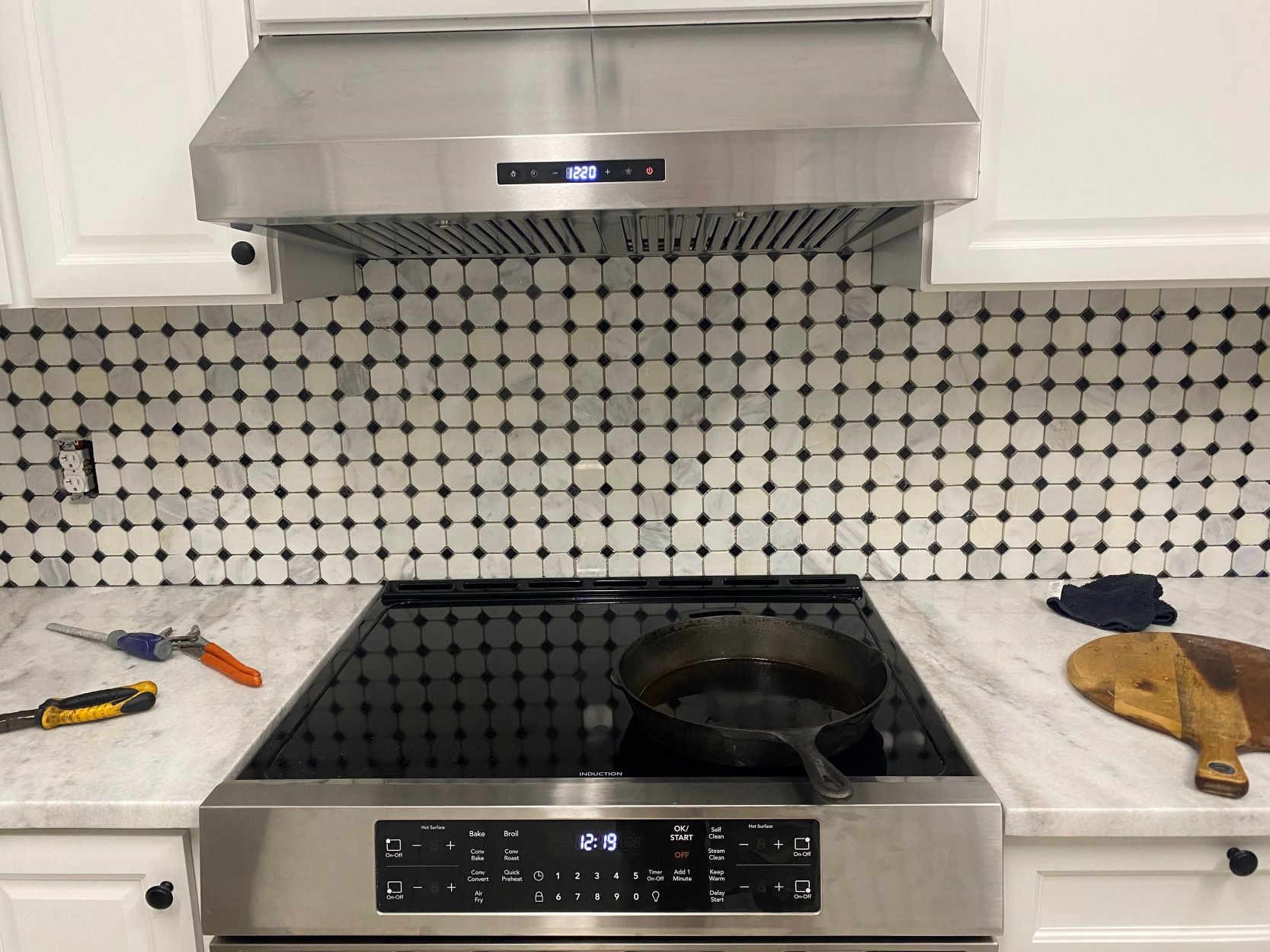
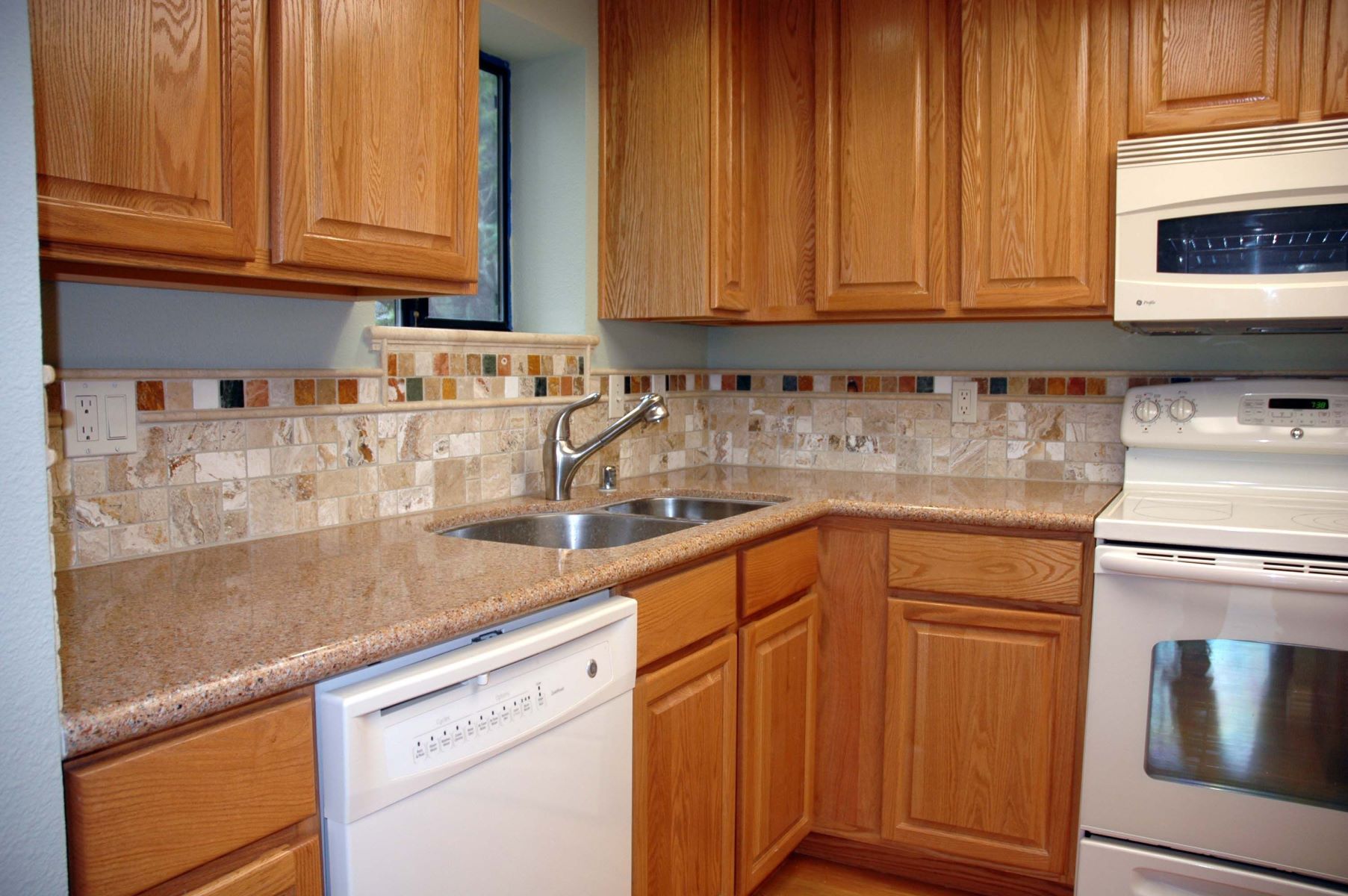
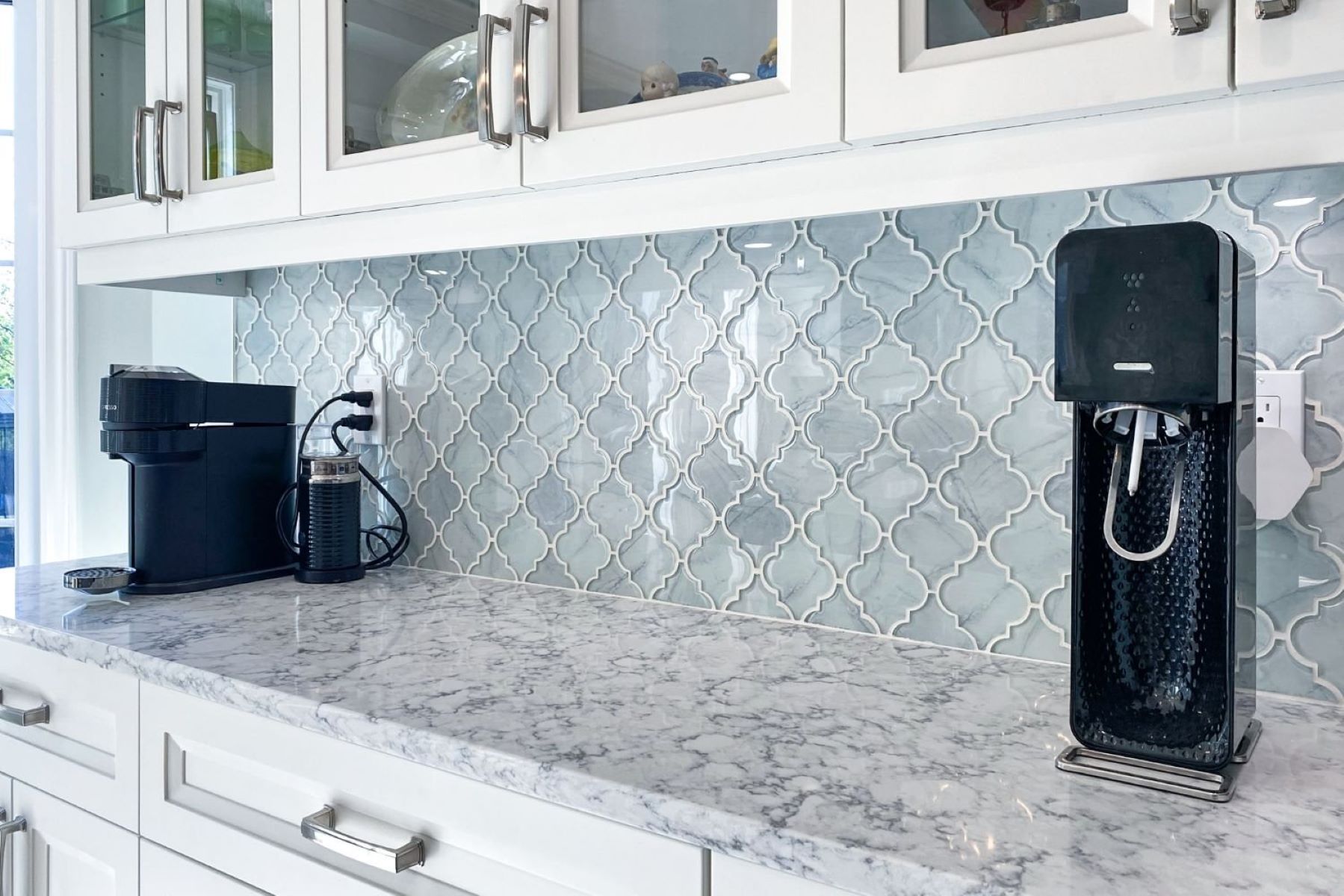
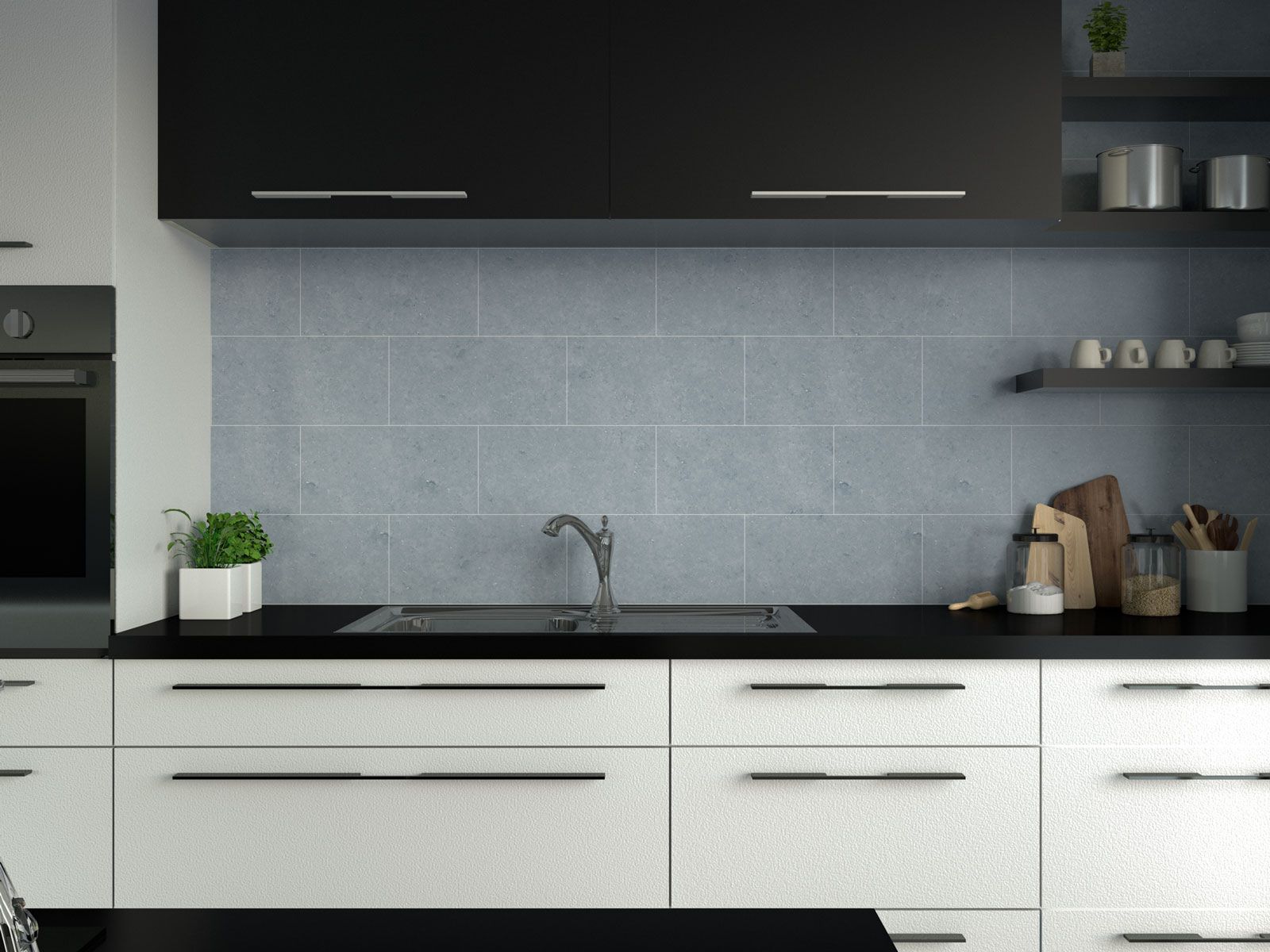
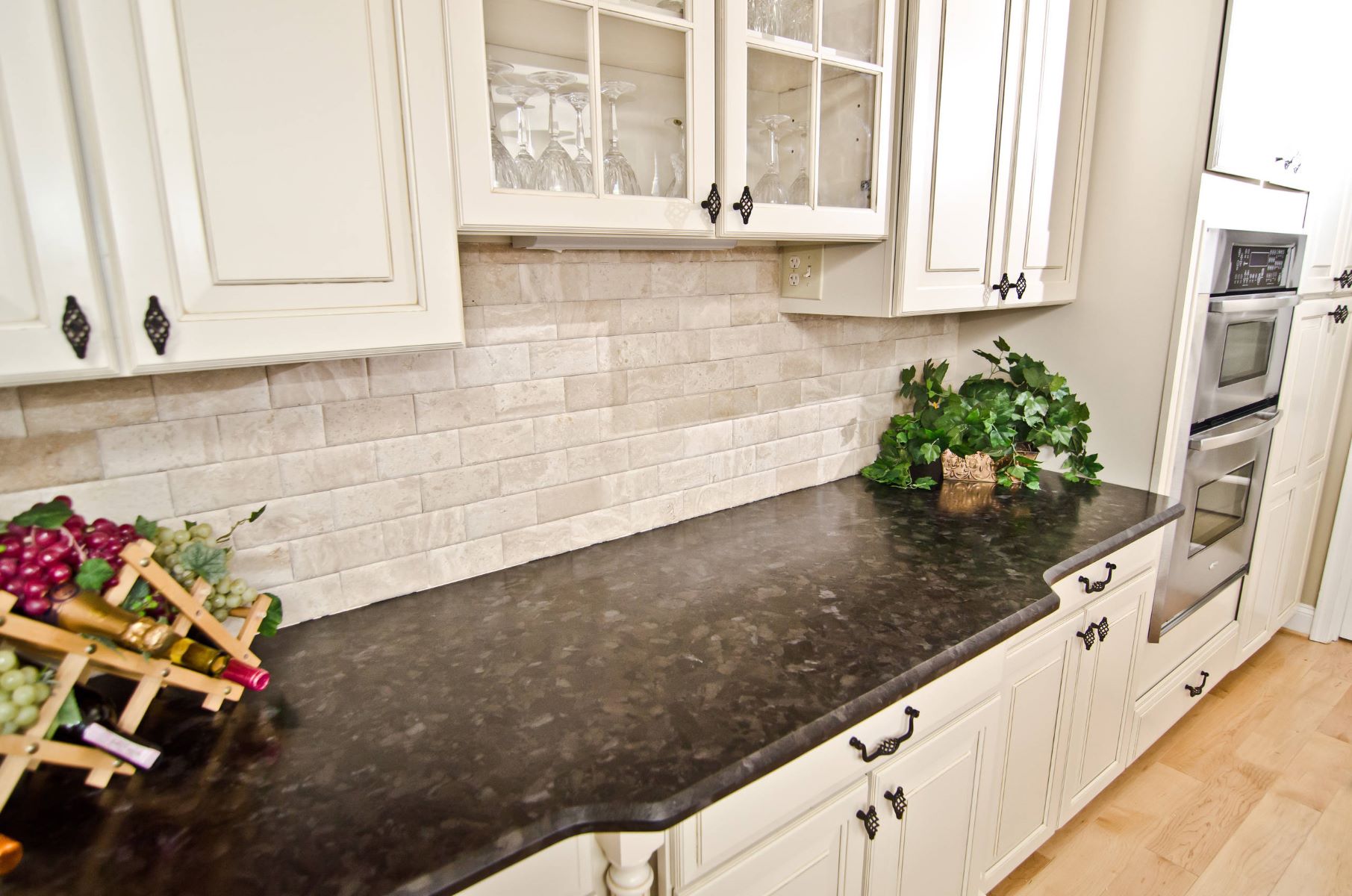
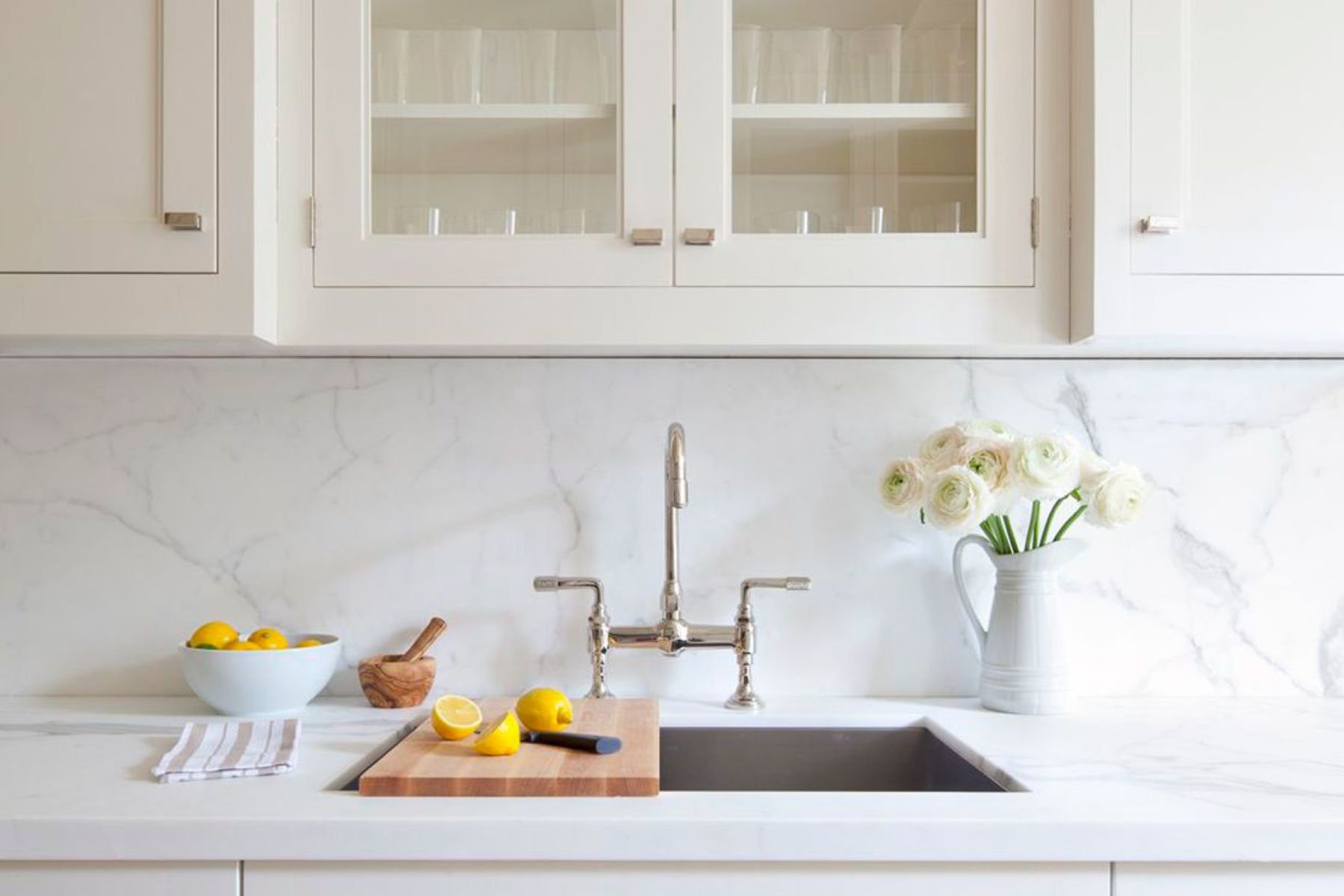
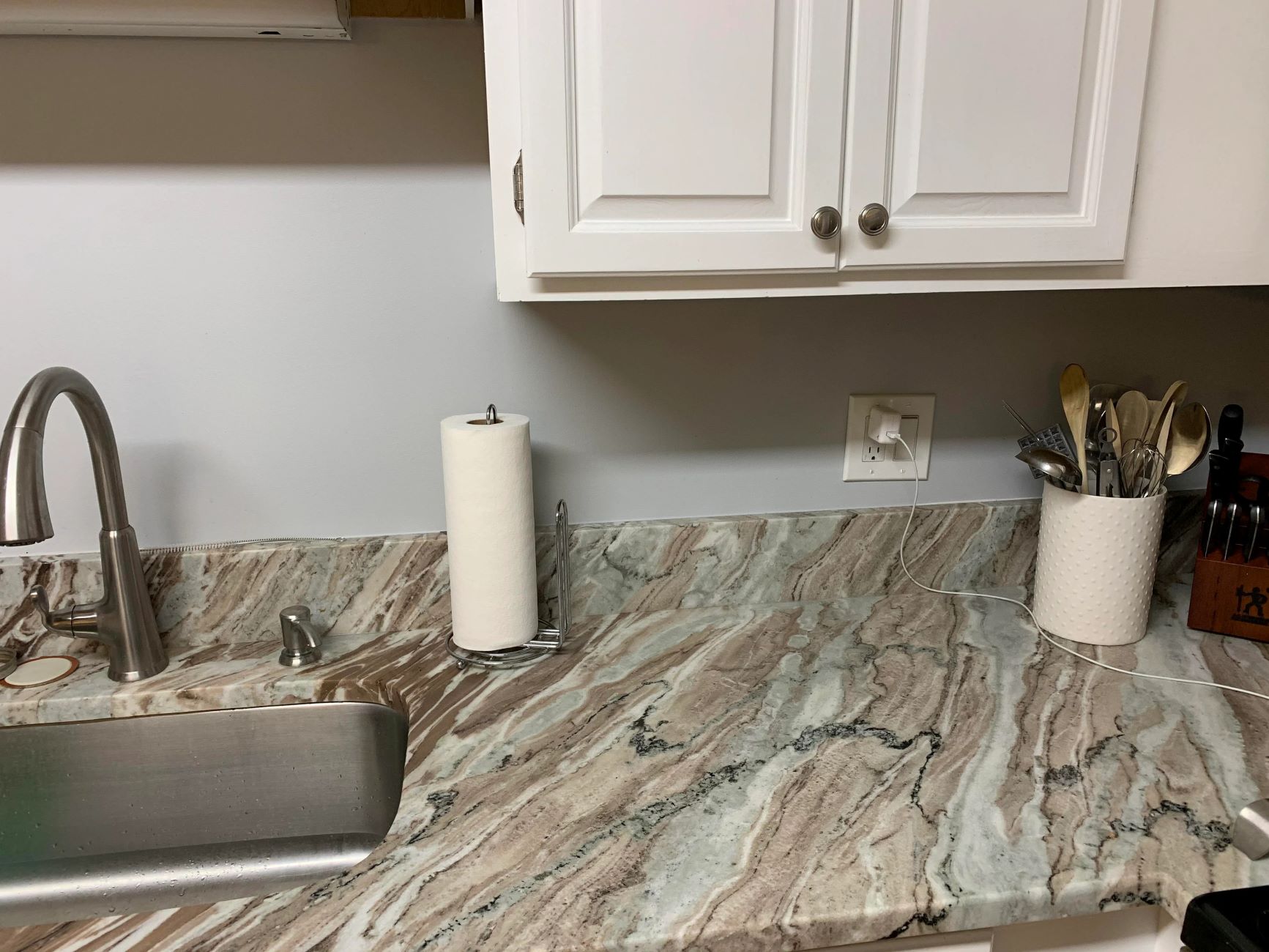
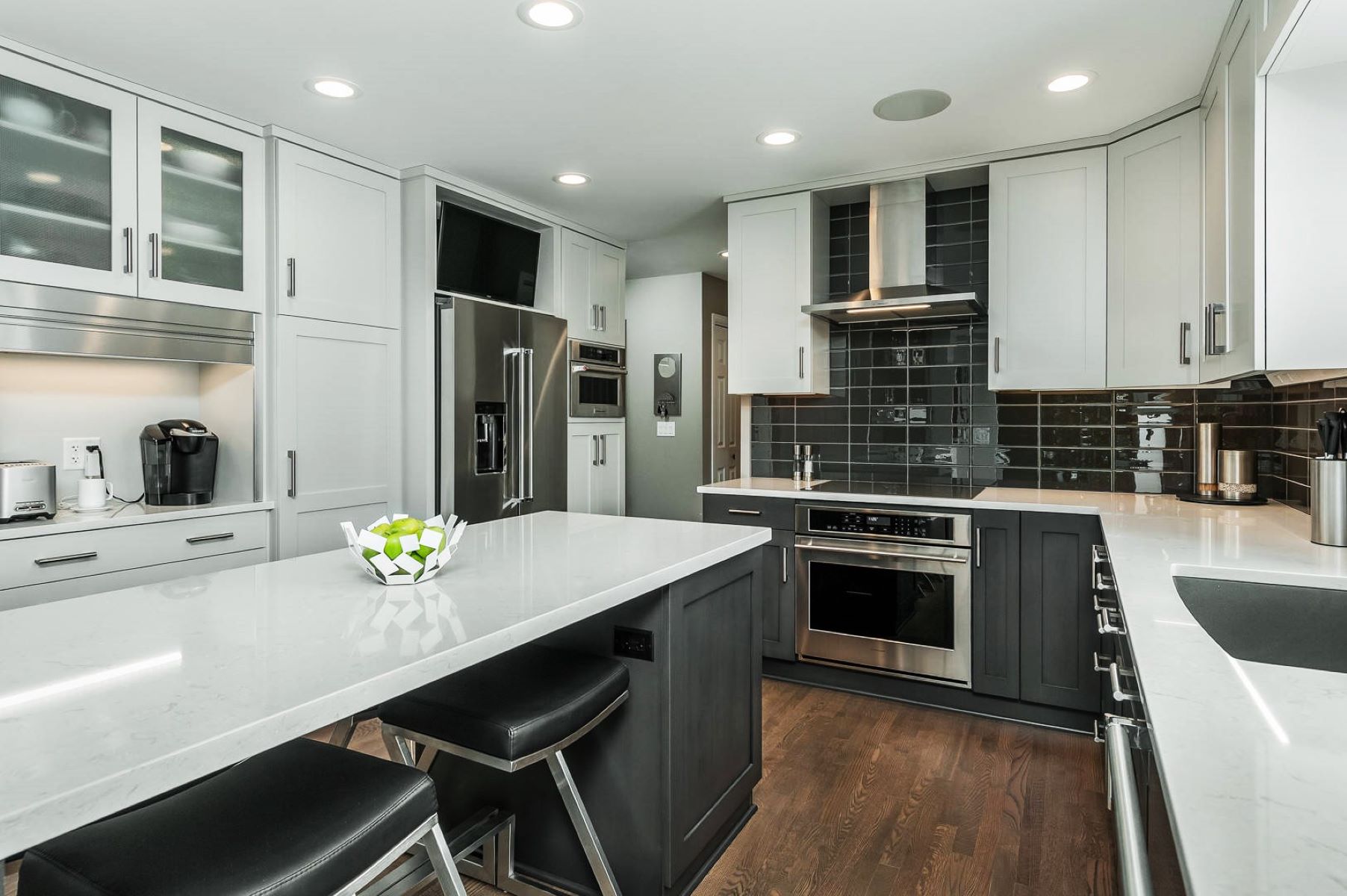
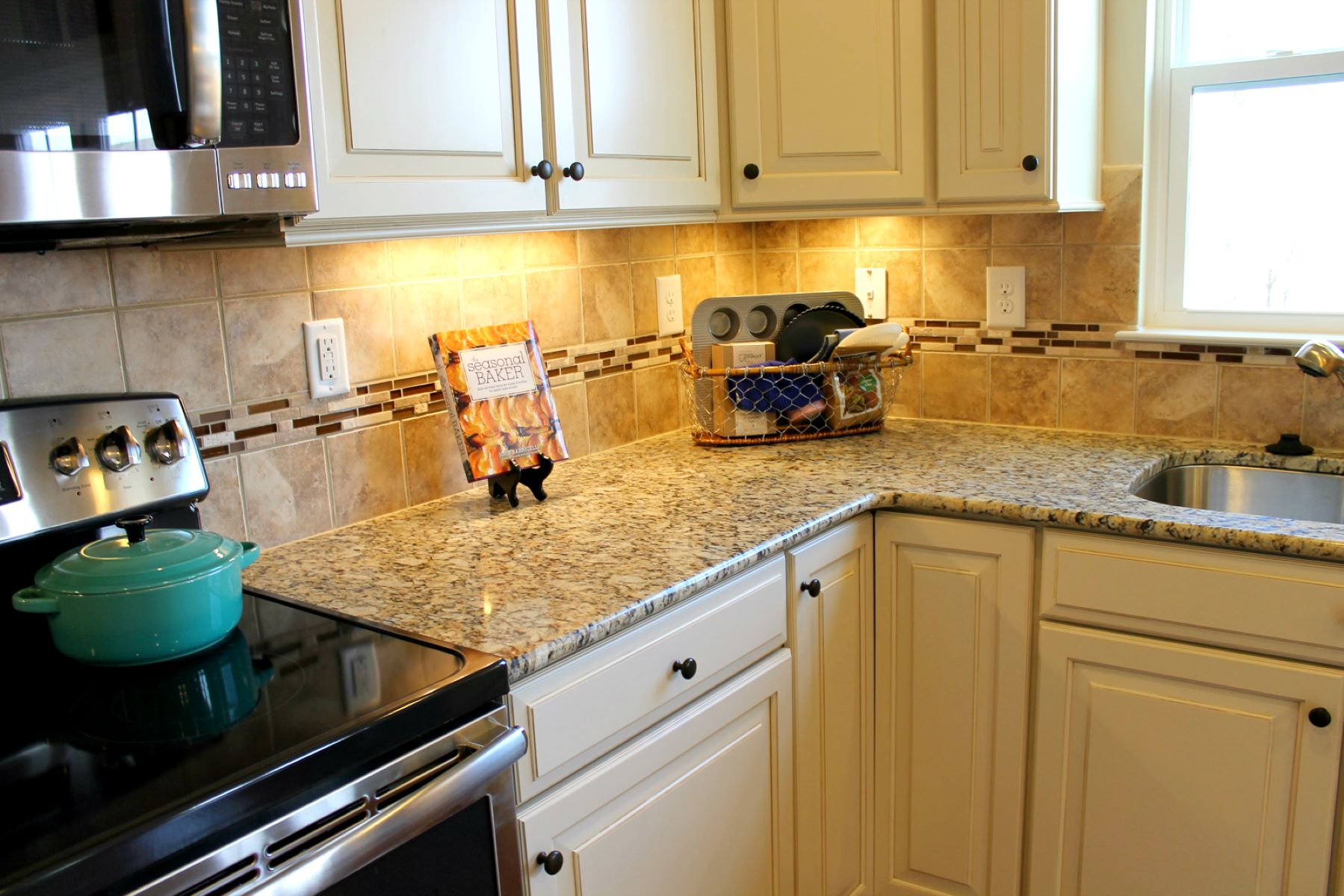

0 thoughts on “What Is The Best Backsplash”